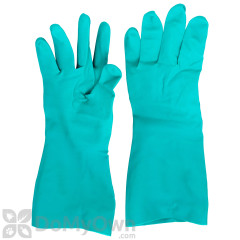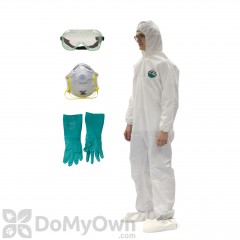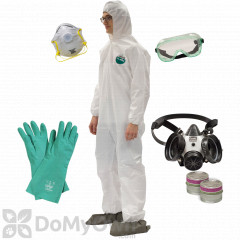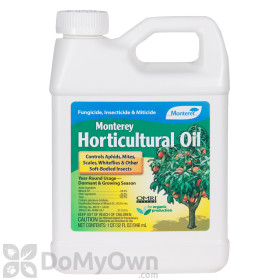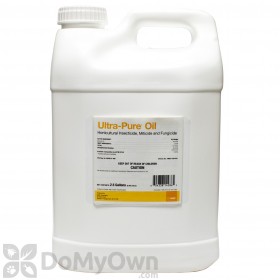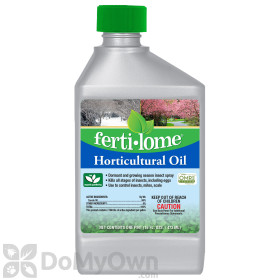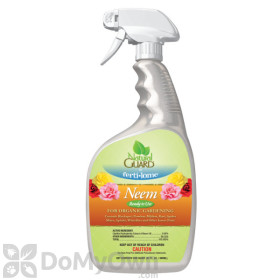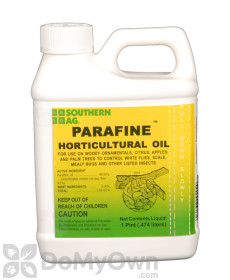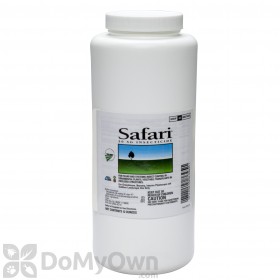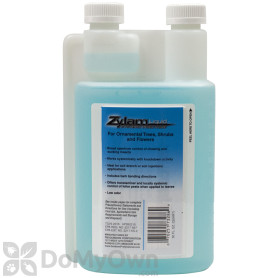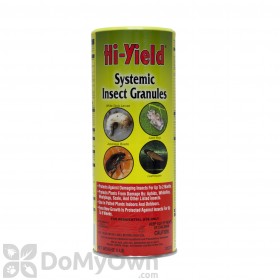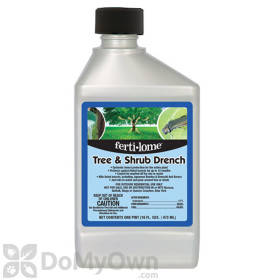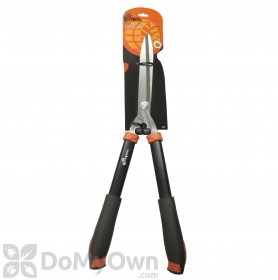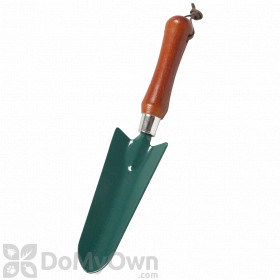Getting Rid of Scale Insects on Your Plants
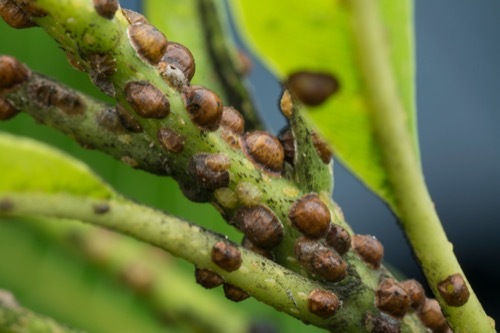
Encourage Natural Predators
Treat with Horticultural Oil
Products like horticultural oil sprays can help eliminate scale insects by smothering them. This requires complete coverage of the host plant to be fully effective. You may need to use multiple applications to rid your plant of every stage of scale pest present. You will mix a small quantity of horticultural oil with water in most cases.
Always read the label of the product to confirm that it is safe to use on the host plant you're treating, as some plants are more sensitive to these oils than others. You should also consider the temperature when applying horticultural oils to stop pests. These products are recommended for plants growing in temperatures under 85 degrees Fahrenheit, and out of full sunlight. High temperatures and harsh sunlight can react with horticultural oils to cause plant injury. Applying these products in the morning or evening also helps to avoid harming local beneficial insects, which will be less active during those times.
Neem oil is a similar type of product that offers additional benefits including hormonal control of some insects. Consult the product label or ask our experts if you have questions about which is best for your plants.
Products needed for Method 2
Apply an Insecticide Systemic Root Drench
Pro Tip
For heavy scale infestations, try applying a foliar spray application (oil or otherwise) for quicker pest reduction in addition to a systemic drench application for ongoing prevention--the systemic application will take longer to show results, but will pay off in lasting effects.
Products needed for Method 3
Physical Removal with Alcohol
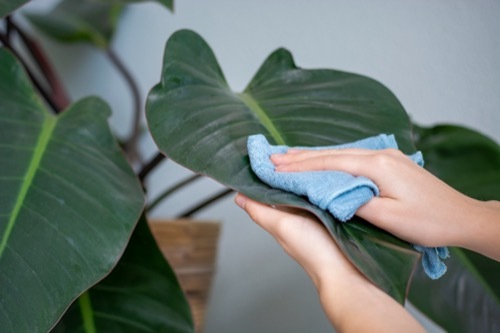
Prune Infested Branches
Products needed for Method 5
If you have questions about any of these methods or need help deciding on the best way to get rid of scale insects around your home, give us a call at 866-581-7378 for expert answers.
